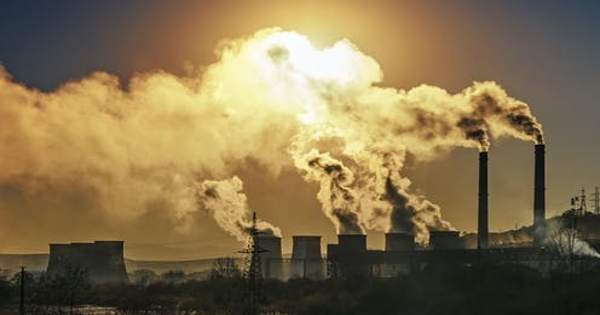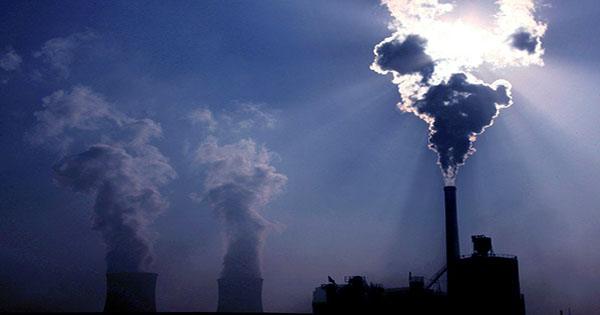According to a new analysis on global climate action, carbon emissions across the G20 are expected to rise by 4% in 2021, putting the world farther off track in its efforts to control global temperature rises. The Climate Transparency Report, compiled by an international consortium of 16 think tanks and NGOs, claims that the world’s twenty wealthiest countries account for three-quarters of global emissions and that their continued investment in fossil fuels is thwarting efforts to mitigate climate change. As a result of the economic slowdown caused by the COVID-19 epidemic carbon emissions reduced by 6% in 2020, according to the report. However, only $300 billion is estimated to invest in green projects out of the $1.8 trillion set out for recovery investment – the same amount that G20 countries spent subsidizing fossil fuels from January 2020 to August 2021.
China, India, and Argentina are on track to exceed their 2019 emissions this year, with a surge in coal use accounting for the majority of the increase. Coal usage is expected to increase by 5% throughout the G20 by 2021, with China accounting for 61% of this increase. The survey also discovered that between 2015 and 2020, gas consumption increased by 12%.

Every country is expected to submit a plan for reducing emissions – known as a Nationally Determined Contribution (NDC) – in accordance with the Paris Agreement of 2015, with the collective goal of preventing a global temperature increase of more than 1.5 degrees Celsius above pre-industrial levels by the end of this century. However, according to the authors of the paper, “the United Kingdom is currently the only G20 member with a domestic target that matches with a 1.5°C modelled domestic pathway.”
The researchers found that even if all of the NDCs given by all G20 countries were implemented effectively, the globe would still be on track for a temperature rise of 2.4 degrees Celsius by 2100.
“The G20 governments need to come to the table with more ambitious national carbon reduction objectives,” said Climate Analytics’ Kim Coetzee, who oversaw the study. “The numbers in this report demonstrate we can’t shift the dial without them — they know it, we know it – the ball is squarely in their court ahead of COP26,” a critical UN climate change summit set to take place later this month in Glasgow, Scotland.
While the report’s overall outlook is bleak, the authors do point out some encouraging indicators. Renewables, for example, have grown their proportion of the G20’s Total Primary Energy Supply (TPES) from 9% to 13% since 2019. Renewables climbed by 20% in the power sector between 2015 and 2020 and are predicted to supply 29.5 percent of the power mix this year. The report makes no apologies for the bottom line, which is that the world has a residual carbon budget of 400 gigatonnes of carbon dioxide if a 1.5°C temperature rise is too avoided. That translates to around ten more years of emissions at 2020 levels, and wealthier countries are expected to lead the way in reducing fossil fuel use.
















